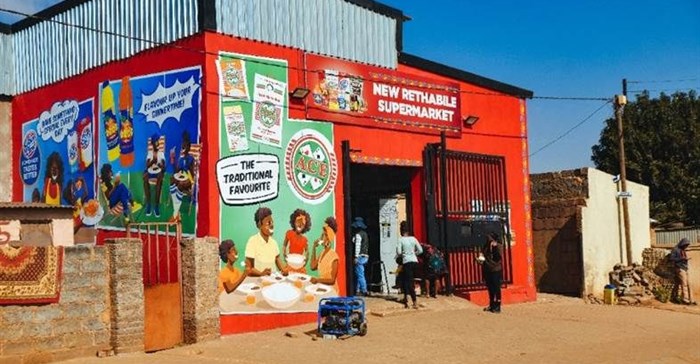
Top stories





Marketing & MediaAds are coming to AI. Does that really have to be such a bad thing?
Ilayaraja Subramanian 18 hours

More news
















By implementing robust Route-to-Market support and solutions for its general trade customers, including spazas and midi-wholesalers it is looking to capture significant growth opportunities identified in the informal sector of the economy.
The business’ growth objective is to expand its reach and support across 130 000 general trade stores over the next five years. To date, the company has reached more than 46 500 general trade outlets with a target of 50 000 by the end of the year.
In addition to this, its < i>Perfect Outlets includes investments in the general trade in point-of-sale marketing execution across the Tiger Brands basket and branded coolers to improve cold availability of Tiger Brands’ ready-to-drink beverages.
The aim is to establish 2,000 Perfect Outlets over the next five years.To build further brand awareness among consumers in the informal sector and to encourage increased transactional sales of Tiger Brands products, select general trade stores and community walls are being branded with mural stories around some of the company’s most recognised heritage and category brands.
“With the local informal market remaining largely untapped and statistics showing that it is growing at a faster rate than the modern trade, we see exponential room for growth in this segment and are engaging closely to support our traders and better present our brands to consumers at the point-of-purchase.
“By investing to realise these opportunities, we stand to claim a competitive advantage in the market, propelled by the strength of our heritage brands that hold aspirational category positions in South Africa,” says Luigi Ferrini, chief customer officer, Tiger Brands.
This robust execution is part of Tiger Brands’ strategic focus on building a growth pipeline with the tactical aim of winning at the point-of-purchase, recognising the growing importance and contribution of the informal market to the total South African fast-moving consumer goods (FMCG) sector.
Some of the key tactical initiatives implemented by Tiger Brands in the general trade to grow its presence include:
The informal sector is a significant part of the South African economy, contributing at least 6% to the Gross Domestic Product (GDP) and accounting for one-third of local jobs in the country (Stats SA, 2021), demonstrating its significant potential in reducing poverty.
Referred to as the ‘hidden economy’, the South African informal independent traders, such as spazas, contribute 26% or R184bn of the total R716bn SA FMCG market.
More than 70% of South African households purchase from the informal trade (Trade Intelligence, 2022).
To date, Tiger Brands and its partners have created around 198 jobs within communities where it is executing its route-to-market growth strategy and aims to have created a further 74 jobs, taking the total number of jobs to 272 by the end of September 2023.
A large proportion of these are women. In Tembisa alone, at least 60% of all new jobs created are occupied by women.